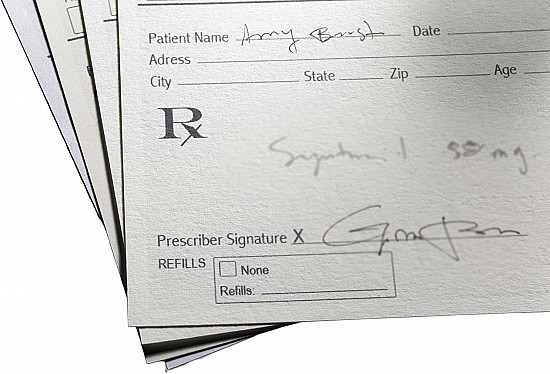New findings on statin-memory loss link
A study in JAMA Internal Medicine may help to explain the controversial connection between cholesterol-lowering medications and memory loss. Researchers scrutinized health records of more than 11 million people who saw their primary care doctors from 1987 to 2013. They compared reports of memory problems by three groups of people:
-
483,000 who were prescribed a statin to lower their cholesterol
-
26,000 who were given another type of cholesterol-lowering drug (not a statin) to lower cholesterol, such as a fibrate or niacin
-
483,000 who didn't take any cholesterol drug.
People who took any kind of cholesterol drug—a statin or some other type—were nearly four times more likely to report memory loss right after starting on the drug, compared with people who didn't take any kind of cholesterol drug.
Does this mean all cholesterol drugs, not just statins, affect memory? The researchers say this is possible. However, it is unlikely, given the fundamental differences in how statin and nonstatin cholesterol drugs work.
Another possible explanation is a well-known phenomenon called detection bias. People who start taking a new prescription drug are, not surprisingly, more likely to talk to their doctors and therefore have a chance to report any changes in memory they may notice. In other words, it's more likely that the reported memory problems were coincidences, and not caused by taking cholesterol-lowering drugs.
Disclaimer:
As a service to our readers, Harvard Health Publishing provides access to our library of archived content. Please note the date of last review or update on all articles.
No content on this site, regardless of date, should ever be used as a substitute for direct medical advice from your doctor or other qualified clinician.















